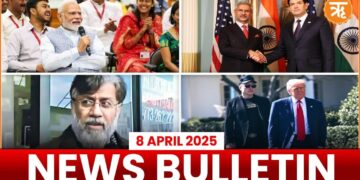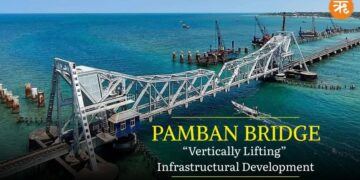The United Kingdom has gotten its new Prime Minister, Keir Starmer, ending 14 years of Conservative rule. The country is now set to resume talks on a comprehensive Free Trade Agreement (FTA) with India. The bold action takes place against a backdrop of restored political stability post-Brexit, providing a favorable environment for renewed bilateral negotiations. In the unprecedented UK elections of 2024, the Starmer-led British Labour Party secured 412 seats in the 650-member House of Commons in the general elections, marking a broad mandate. This victory is poised to transform its approach to foreign relations, particularly with India.
In the past, the Labour Party has taken up matters such as alleged human rights violations and the J&K matters with India more vigorously than other British political parties which strained its relations with India. However, the Labour Party, aiming to forge a “new strategic partnership” with India, plans to overhaul its diplomatic stance, addressing historical tensions as well.
Last month, Labour Party leader and now foreign secretary, David Lammy, addressing a session at the India Global Forum in London described India as an economic and technological superpower that is “the future of Asia”. While Labour under Starmer has taken a proactive approach, signaling a strategic shift towards deepening economic relations, anticipation is quite high for a rejuvenated bilateral economic alliance, with Keir Starmer to succeed Rishi Sunak as the UK’s incoming prime minister and Narendra Modi securing another term in India.
Meanwhile, negotiations have made significant progress, addressing key concerns such as tariff reductions on Indian exports such as cars and agricultural products, which currently face high tariffs in the UK. Sensitive issues including immigration laws affecting Indian professionals have also been discussed, aiming to align regulations with the needs of India’s service sector.
All eyes are now on the swift conclusion of the India-UK FTA, expected by year’s end, as negotiations progress and stakeholder optimism remains high. This pivotal agreement positions India and the UK as significant players in the global economy, bolstering diplomatic ties and promising substantial economic gains.
















Comments